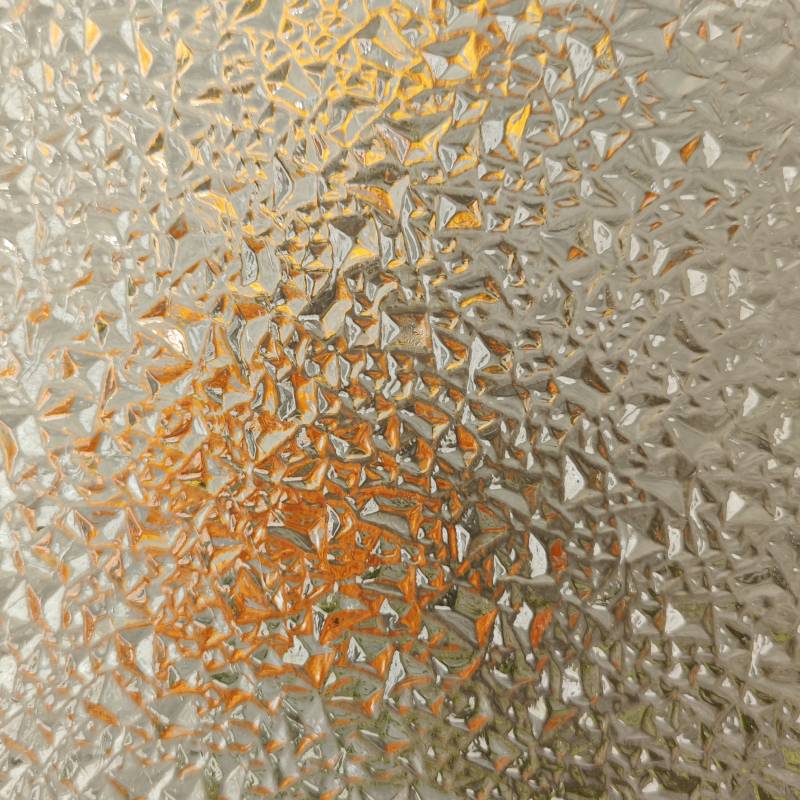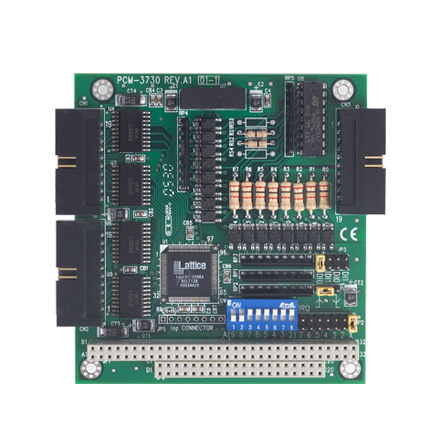The tempered insulated glass unit (TIGU) is revolutionizing the construction and architectural industries due to its unparalleled strength, energy efficiency, and design versatility. As more consumers and professionals become aware of its benefits, the demand for this advanced glazing technology continues to surge. Through understanding the properties and applications of TIGU, one can appreciate why it stands out in today's competitive market.

Tempered insulated glass units are manufactured through a meticulous process that includes tempering and insulating, resulting in a glass product that is both resilient and efficient.
Tempering involves heating the glass to an extremely high temperature and then rapidly cooling it. This procedure increases the glass's tensile strength, making it much more robust than traditional glass. The insulation process, on the other hand, involves the fusion of two or more glass panes with a vacuum or gas-filled space between them. This configuration not only enhances thermal insulation but also provides superior soundproofing qualities.
Professionals who have utilized TIGUs in their projects attest to their remarkable capacity for maintaining indoor climate stability. This is particularly crucial in regions that experience extreme weather conditions, such as hot summers and frigid winters. By reducing the exchange of heat with the outside environment, these units significantly lower energy costs, making them an environmentally friendly choice. This energy efficiency translates to tangible savings for homeowners and businesses alike, further reinforcing the product's value proposition.

Architects and designers admire the versatility of tempered insulated glass units. Their wide range of applications extends from residential homes to commercial buildings, each benefiting from the modern aesthetic these units provide. This glass type supports large window installations without compromising on safety or durability. Its ability to be molded into various shapes and sizes enables creative freedom, allowing building designers to explore innovative designs and modern architectural trends.
Confidence in using TIGUs in construction projects stems not only from their performance but also from the robust testing and certification processes they undergo. Industry standards require rigorous assessments of the glass's capacity to withstand impact, pressure differences, and environmental changes. Ensuring compliance with these standards confirms the glass's reliability, granting peace of mind to consumers, builders, and architects.
tempered insulated glass unit
Trust in tempered insulated glass units also comes from its proven track record in safety. In the unlikely event of breakage, tempered glass shatters into small, blunt pieces, significantly reducing the risk of injury compared to conventional glass. This safety feature makes it an ideal choice for high-traffic areas and applications where glass breakage could lead to severe consequences.
Experiences shared by those who have incorporated TIGUs into their structures highlight the product's longevity as a notable advantage. Unlike single-pane glass, the durability of tempered insulated units ensures they remain effective over time, even in the face of environmental stressors. The longevity of TIGUs translates to lower maintenance costs and fewer replacements, enhancing the overall investment in quality building materials.
The authority of tempered insulated glass units in the market is supported by leading manufacturers who continuously innovate to enhance product performance. Through rigorous research and development, these companies aim to improve insulation properties, increase durability, and expand customization options. By staying at the forefront of technological advancements, these manufacturers ensure their products meet the evolving needs of modern construction.
To fully appreciate the benefits of TIGUs, it is important to consider expert recommendations and consumer testimonials. Both consistently emphasize the balance of strength, efficiency, and design aesthetics that this glass type offers. As the industry continues to prioritize energy efficiency and sustainability, the tempered insulated glass unit represents a pivotal component in building design, striving to meet the future demands of construction and design professionals.



